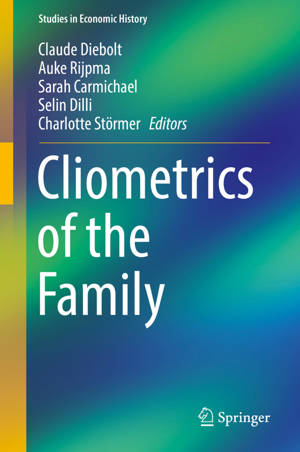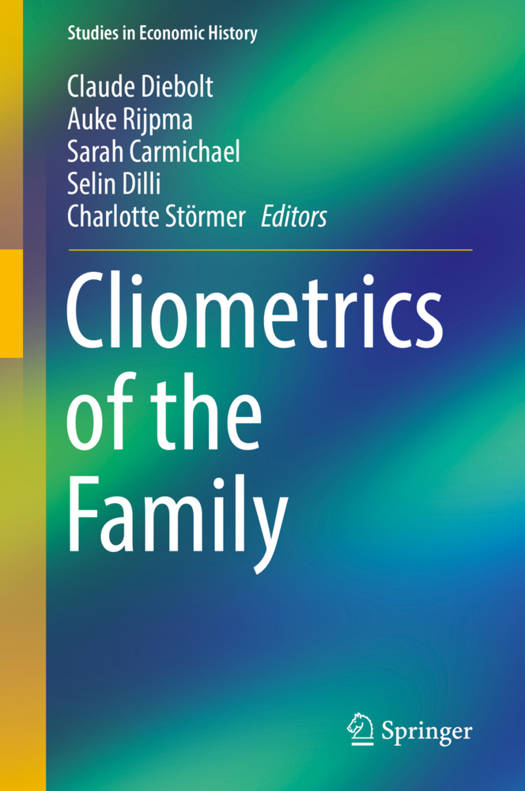
- Afhalen na 1 uur in een winkel met voorraad
- Gratis thuislevering in België vanaf € 30
- Ruim aanbod met 7 miljoen producten
- Afhalen na 1 uur in een winkel met voorraad
- Gratis thuislevering in België vanaf € 30
- Ruim aanbod met 7 miljoen producten
Omschrijving
This contributed volume applies cliometric methods to the study of family and households in order to derive global patterns and determine their impact on economic development. Family and households are a fundamental feature of societies and economies. They are found throughout history and are the place where key decisions on fertility, labour force participation, education, consumption are made. This is especially relevant for the position of women. The book gathers key insights from a variety of fields - economics, history, demography, anthropology, biology - to shed light on the relation between family organisation and the long-term process of economic development.
Specificaties
Betrokkenen
- Uitgeverij:
Inhoud
- Aantal bladzijden:
- 366
- Taal:
- Engels
- Reeks:
Eigenschappen
- Productcode (EAN):
- 9783319994796
- Verschijningsdatum:
- 18/02/2019
- Uitvoering:
- Hardcover
- Formaat:
- Genaaid
- Afmetingen:
- 156 mm x 234 mm
- Gewicht:
- 698 g

Alleen bij Standaard Boekhandel
Beoordelingen
We publiceren alleen reviews die voldoen aan de voorwaarden voor reviews. Bekijk onze voorwaarden voor reviews.










